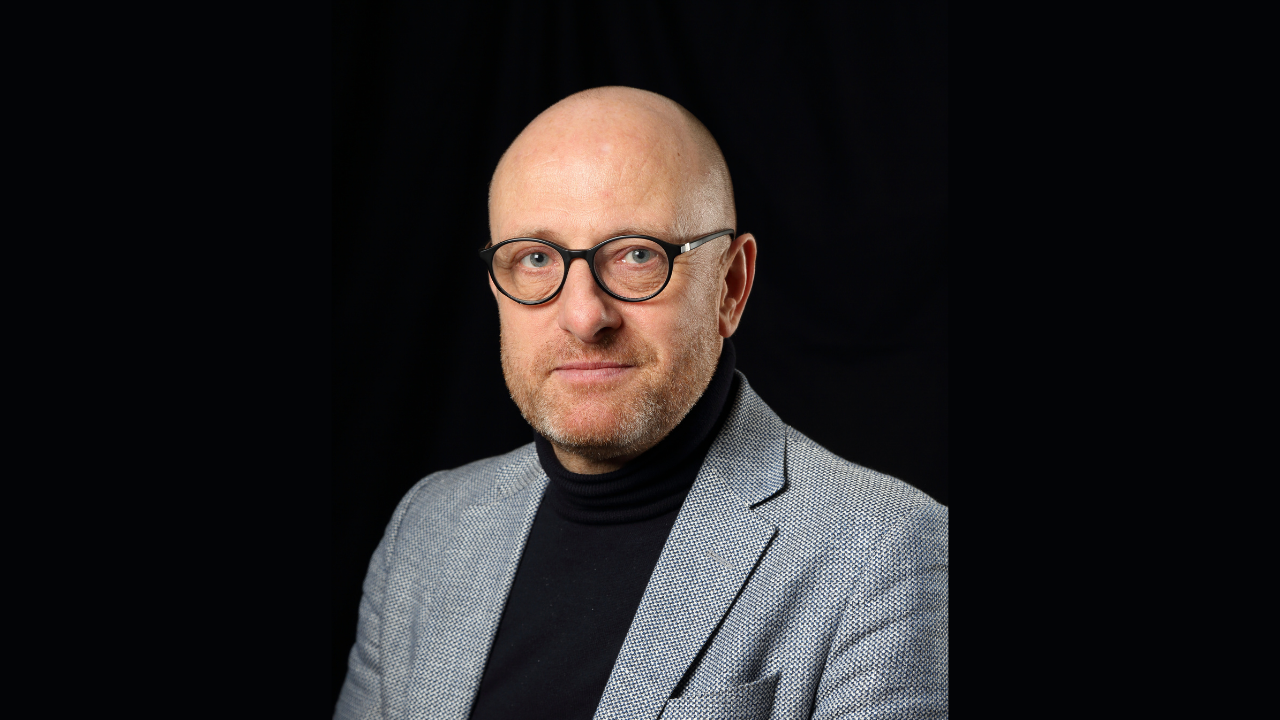The ERS Respiratory Failure and Mechanical Ventilation (RFMV) Conference is returning in 2022. Held on the 9–11 June, in Berlin, Germany, this must-attend event will offer cutting-edge scientific sessions and interactive educational content, covering aspects from acute and chronic care to working in the multidisciplinary team. We spoke to conference chair Prof. Leo Heunks to find out what to expect from this exciting event.
Q: For people who are not familiar with the RFMV Conference, can you explain a little about it?
A: This conference is unique for several reasons. The programme is focused on respiratory failure and mechanical ventilation, and includes three additional tracks that focus on acute respiratory failure, chronic respiratory failure, and the role of allied healthcare professionals in treatment of patients with respiratory failure. Participants can select presentations from the different tracks and move between them. In addition to lectures, there are several workshops and case discussions, and participants have the opportunity to present their own research. We have invited experts in the field and because the number of participants is limited to 500, it will be easy to interact with your colleagues and faculty, if you wish.
Q: Who is the Conference aimed at and who can benefit from the programme?
A: We welcome professionals with any background interested in respiratory failure and mechanical ventilation. At the first edition of the Conference, we were delighted to see a good mix of professionals, both early career members and established colleagues. This resulted in interesting discussions during the sessions and great networking opportunities. As the symposium is a good mix of lectures, workshops and abstract discussion, we are confident that it will be of interest to both early career members and more experience clinicians/scientists.
Q: This is the second edition of the Conference; how will this year’s event differ from when it first took place in 2020?
A: We have built on the great success and positive participant evaluation of the first edition with several new topics. As well as inviting new faculty, and introducing new topics, we now have dedicated sessions for allied health care professionals. It is recognised that they play an important role in the care for patients with respiratory failure and it is important to have them share their expertise during this conference. We are confident that this edition will even better than the first.
Q: What are the main themes for this year’s event?
A: In the last few years several landmark trials have been published in the field of respiratory failure. We have a better understanding on the role of high flow nasal therapy in patients with acute hypoxemic failure, but also in patients with hypercapnic failure; experts in this field will join the conference to share their experience and views. Respiratory monitoring, for instance with measurement of esophageal pressure, respiratory muscle electromyography and ultrasound, has really entered clinical practice. Different speakers will discuss the role of advanced monitoring in acute and chronic respiratory failure. An opportunity exists to get some practical experience during workshops.
Q: The online programme looks exciting; what would you pick out as your personal highlights?
A: This is really a difficult question, there is so much I look forward to, but just to pick a few. Respiratory muscle ultrasound has become increasingly popular for ventilated patients. Dr Martin Dres has recently published a rather provocative paper on this topic, and I am eager to hear his opinion on the role of respiratory muscle ultrasound in patients with respiratory failure. Also, we have a pro/con discussion on patient self-inflicted lung injury with Dr Paolo Navalesi and Dr Stefano Nava. They are both experts in this field and very passionate and entertaining speakers. I am sure this is going to be an interesting discussion. Finally, I am looking forward to the skills workshop on early rehabilitation chaired by Tiina Anderson and Anna Liisa Sutt. This workshop will address very important issues including inspiratory muscle training and evaluation of swallowing and speech. The latter is so important, as the inability to communicate is extremely frightening and frustrating for patients.
To be honest, I am also looking forward visiting Berlin again. This is a fantastic city for an early morning run, and a late-night beer!
Registration to the RFMV conference 2022 is currently open. You can register for the event or find out more on the official website.





